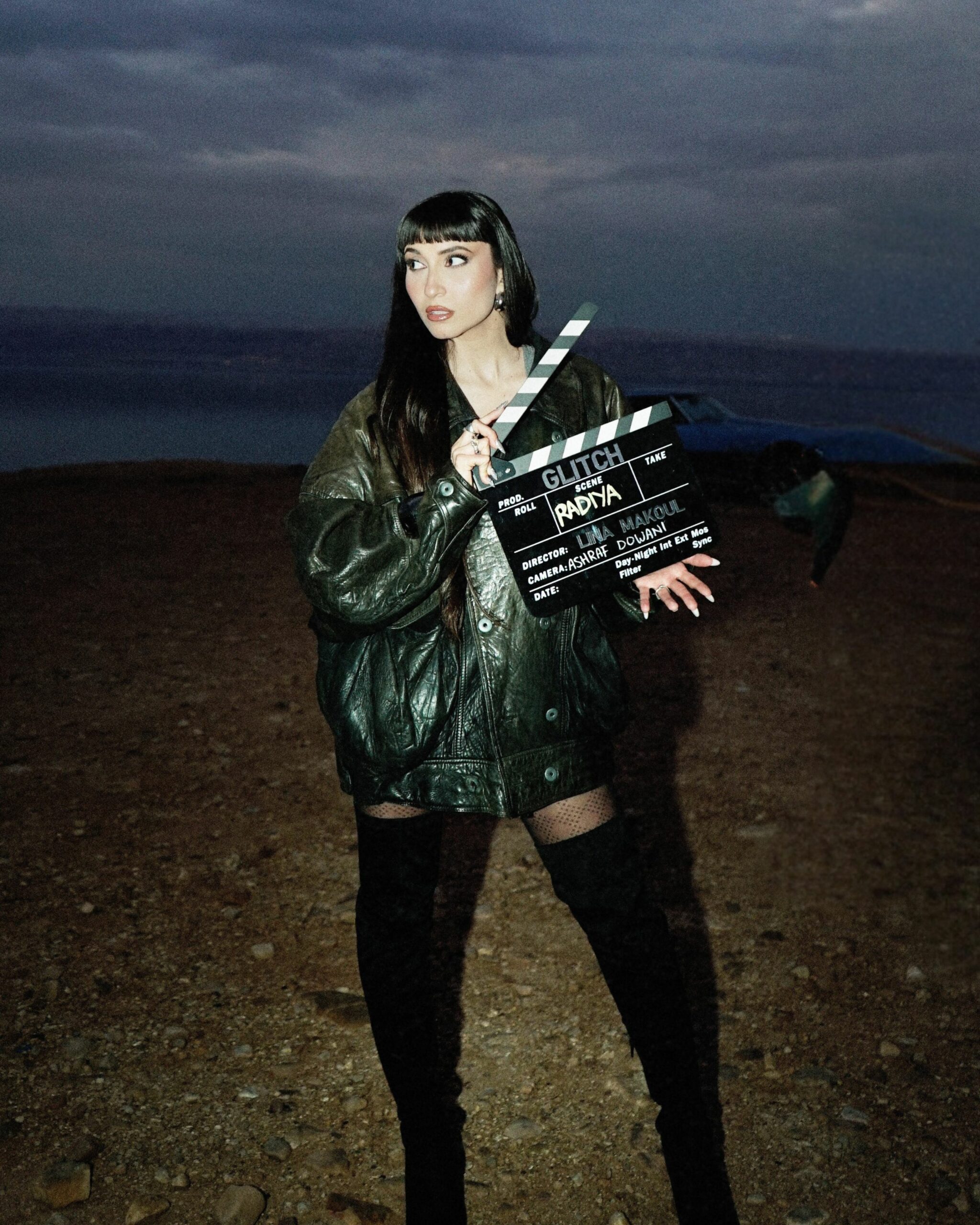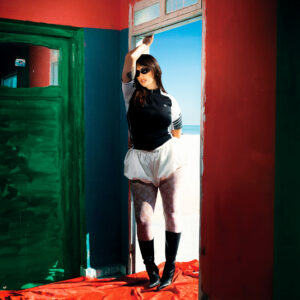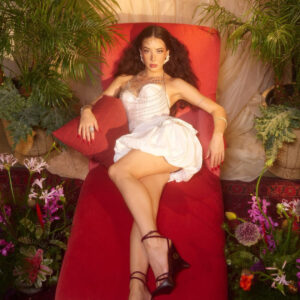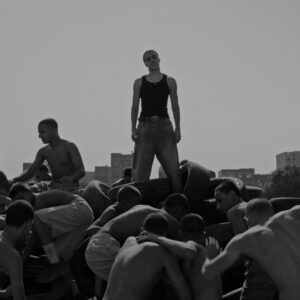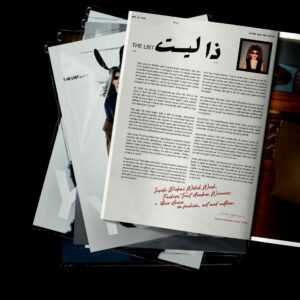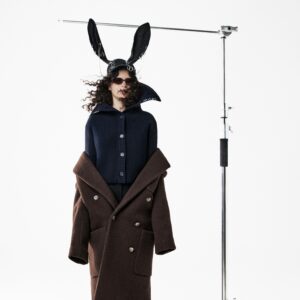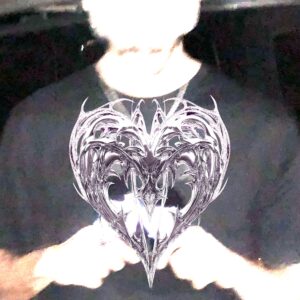What does it mean to stay radical without hardening? To surrender without giving in? We spoke with Palestinian artist Lina Makoul (Instagram) about healing, heritage, holding one’s ground—her forthcoming EP Radicals, the meaning behind Radiya, and what it really means for one to protest with their body, voice, and spirit.
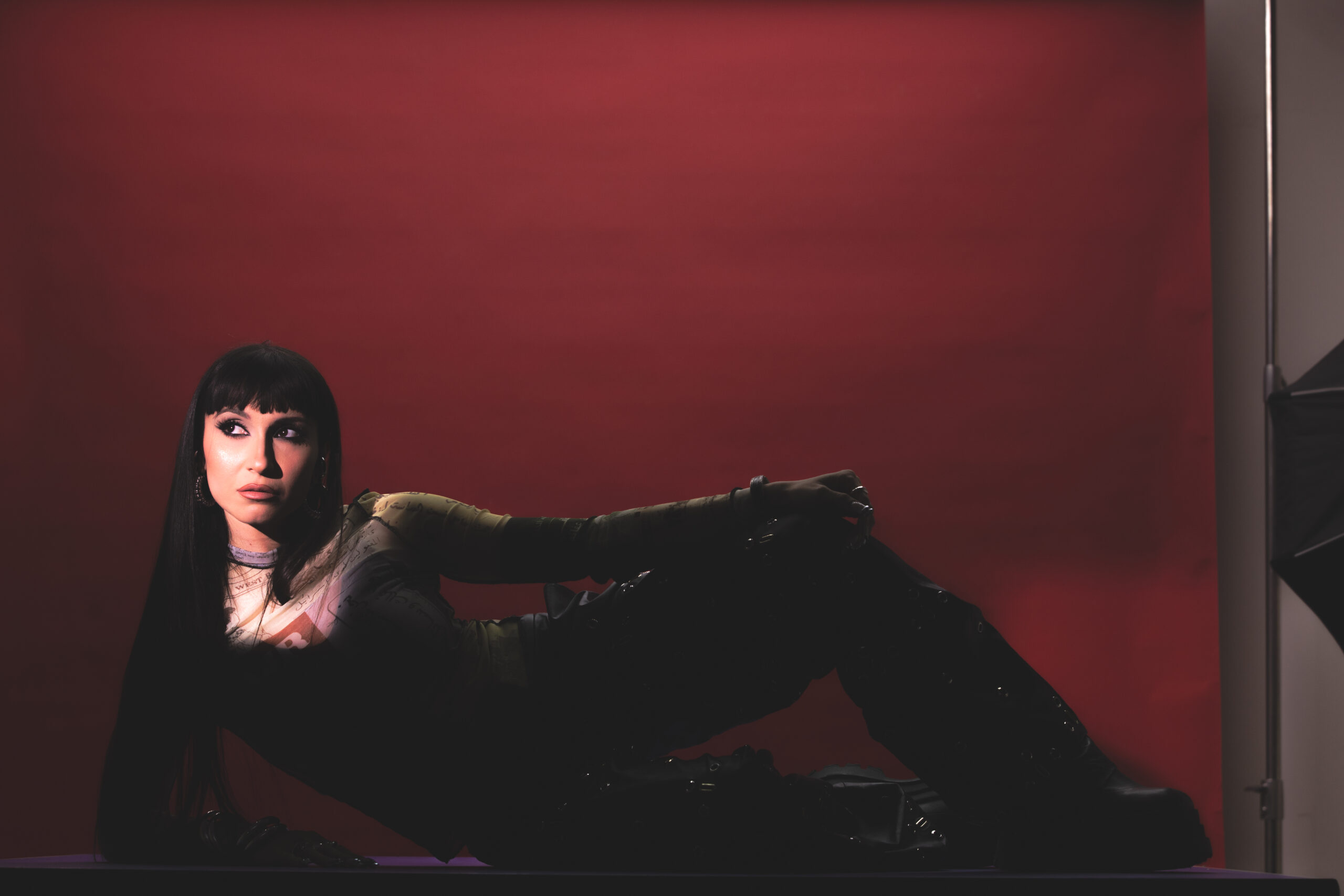
You describe “Radiya” as surrender without defeat, survival without silence. As someone living in Palestine, how do you personally negotiate that balance between softness and strength—between being “content” and being radical?
In a world where we’re constantly dehumanized to the point where racism and white supremacy get injected into our DNA through generations of acceptance and survival, I feel like my responsibility as a human being is to make sure it’s not a self-fulfilling prophecy. To make sure I don’t lose my softness, regardless of my strength. That I don’t lose my belief, despite continuous disappointment. Without losing the ability to love, despite all the heartbreak.
If “Radiya” were a prayer, what would you be praying for—on behalf of yourself, your people, or even your younger self?
I pray to not give in to darkness. To not fear fear or discomfort. To flow and trust. To evolve in harmony with our environment. To accept that light does not exist without darkness and that darkness cannot be eradicated. We can’t fight a system that, no matter what strategy you have, you’ll always lose.
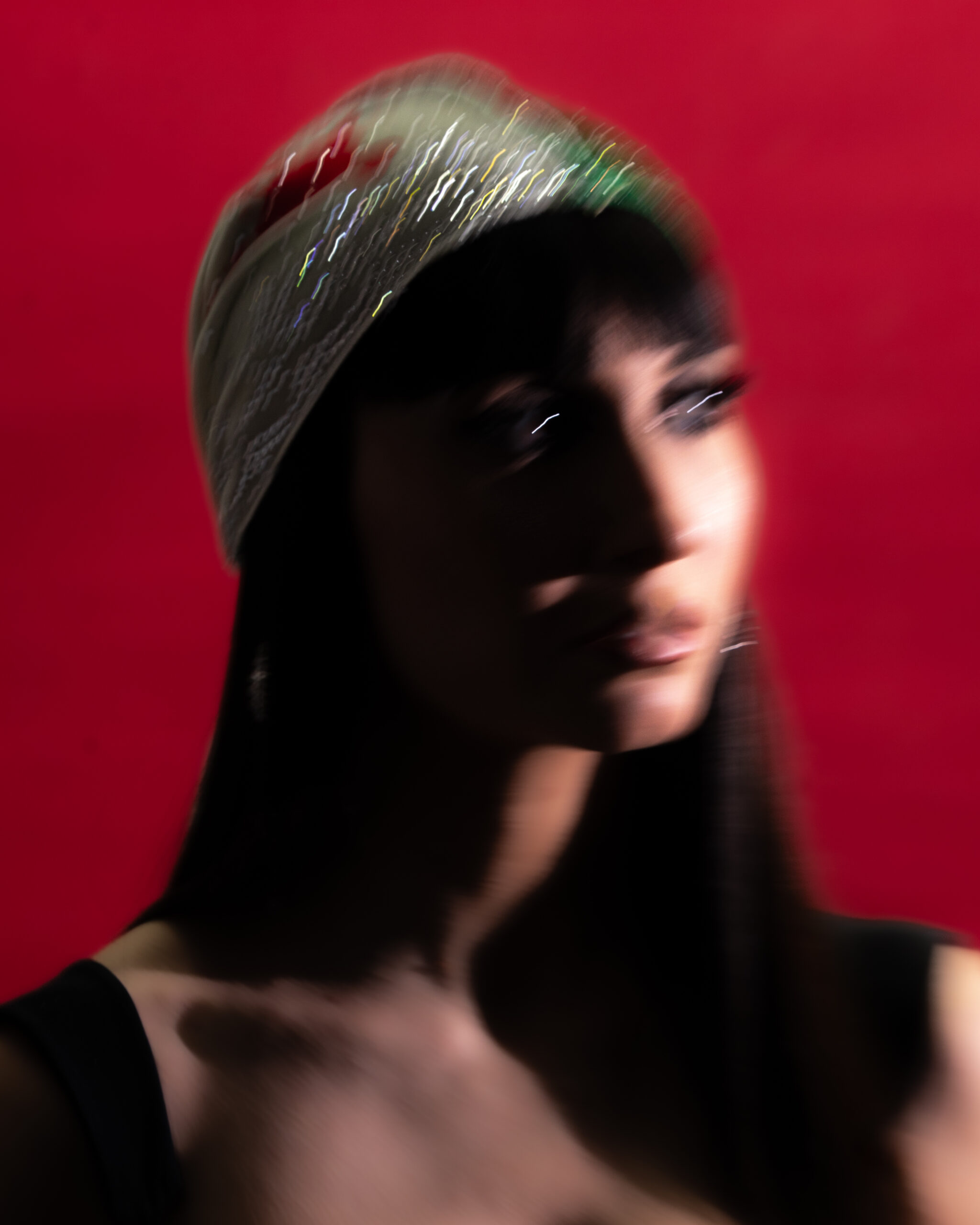
Your EP is called Radicals. What’s the most radical decision you’ve made in your creative life so far—and what did it cost you?
The most radical decision I have made in my creative life so far is letting art and message lead and pave my professional path. It didn’t cost me, it actually earned me the respect of artists, creators, and free thinkers. Those who dedicate their being to making sure they give their all to make the future a better place. And that provided me with a community I can rely on to charge me with as much light as possible to just keep going.
You’ve worked with Grammy-winning engineers and global collaborators, but you’ve said you don’t need permission to create world-class work. What’s something the industry still doesn’t understand about Arab independence and excellence?
That we are insanely talented – but because we never have it easy, we’ll work 10 times harder than anybody else. Our parents and grandparents used to “walk through mountains and rivers to get education,” so of course we won’t stop when our destination is a bit out of reach.
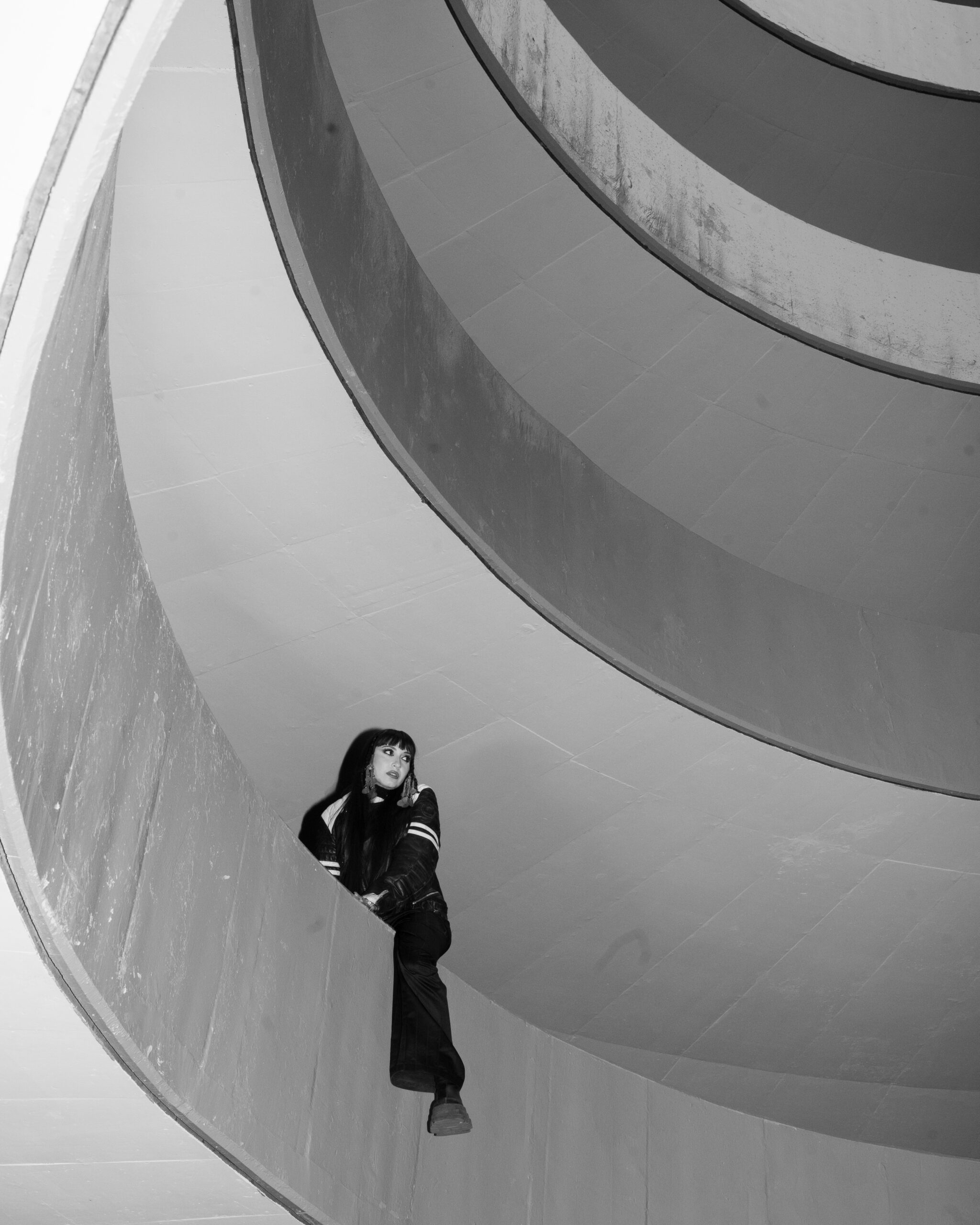
In “Fish Masari” you tackled capitalism, in “On Mute” it was censorship, and in “Radiya” you blend surrender with sovereignty. What keeps you coming back to protest—sonically, lyrically, and visually?
My life. When I release a song or visual, this is me releasing it from my system- physically, mentally, emotionally, and spiritually. It’s liberating. It’s healing. It’s like giving love to something that causes you pain and discomfort, and alchemizing it into something that fills you up with love and support. It just feels like magic. And I know for sure that if this prototype has helped me heal, it will certainly work for others as well.
The choreography in “Radiya” merges Caracalla Theatre with contemporary dance. What did your body need to express in this piece that words couldn’t say?
Honestly, the choreographers Jouana Samia and Anthony Nakhle did a mesmerizing job. They understood the mission and delivered at 100%. They understood the essence of Radiya and that’s what makes them such incredible artists in their field. They understood the layers, the vision, the spiritual meaning, the healing I’m trying to pass through a screen.
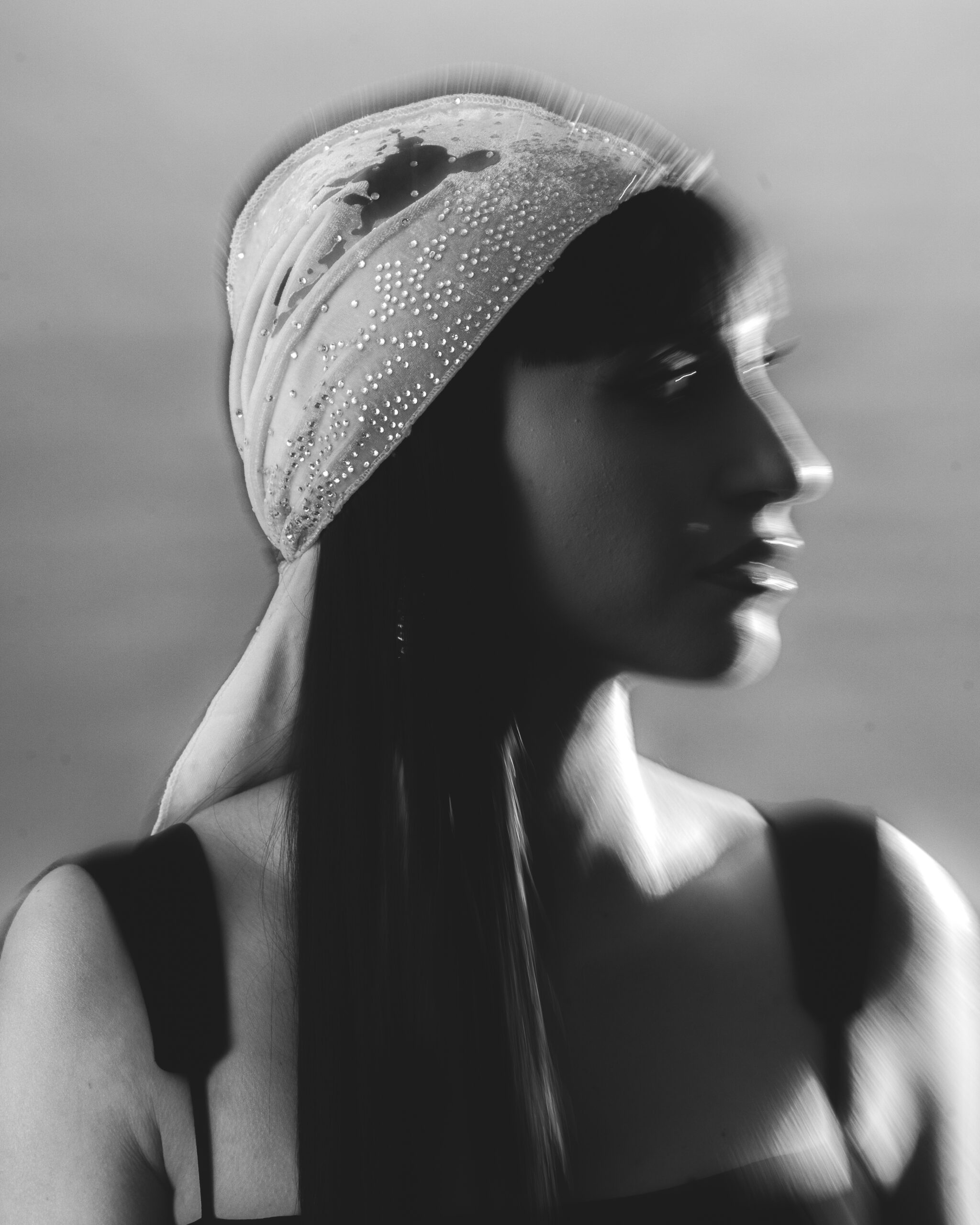
You say: “I have what money can’t touch.” What is the currency of your life right now – and what’s bankrupt in the world around you?
My community is my currency. And individualism is the world’s bankruptcy.
For more interviews, insights, and stories from the artists shaping our soundscape, explore our music coverage here.
